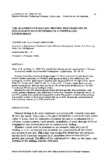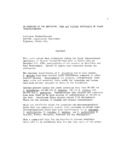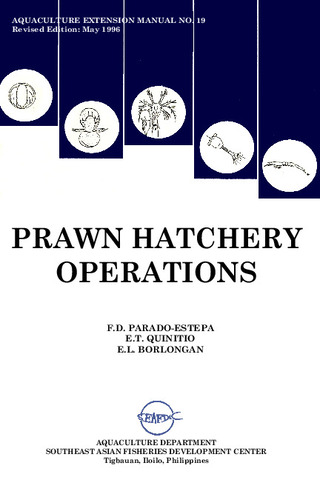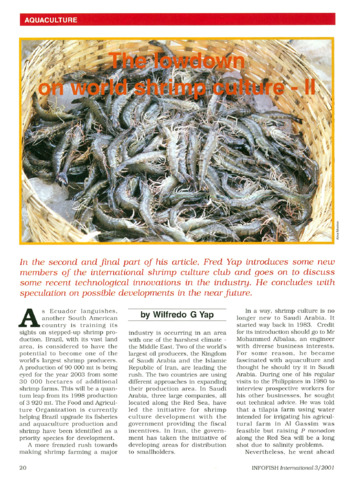The quantitative dietary protein requirements of Penaeus monodon juveniles in a controlled environment
Share
စိတ္တဇ
Penaeus monodon juveniles (average weight = 1.32 g) were kept in individual 2 l perforated plastic containers, 10 of which were placed in each of the twenty-four 50 l rectangular wooden-glass aquaria supplied with seawater filtered through a sand-gravel filter (32–34 ppt; 26.5–29.0°C; pH, 7.6–8.2) at 0.8–1.01 l/min. Eight diets were prepared containing 25–60% protein and fed at 10% of the body weight/day for the first 2 weeks and 8% for the succeeding 4 weeks.
Shrimps fed the 40% protein diet produced the best growth, feed conversion ratio (FCR), protein efficiency ratio (PER) and survival rate. However, shrimps fed the 30, 35 and 45% protein diets produced comparable results. The protein content of the shrimps was directly related to the level of protein diet up to 50%; whereas fat content seemed to be inversely related up to 50% protein diet.
ဖော်ပြချက်
Contribution No. 110.
Suggested Citation
Alava, V. R., & Lim, C. (1983). The quantitative dietary protein requirements of Penaeus monodon juveniles in a controlled environment. Aquaculture , 30(1-4), 53-61. https://doi.org/10.1016/0044-8486(83)90151-5
Taxonomic term
စုစည်းမှုများ စုစည်းမှုများ
- AQD Journal Articles [1249]
Related items
Showing items related by title, author, creator and subject.
-
An overview of the nutrition, feed and feeding techniques of prawn penaeid/shrimps
Piedad-Pascual, Felicitas (Philippine Council for Aquatic and Marine Research and Development, 1989)This paper echoes what transpired during the first International Conference of Penaeid Prawns/Shrimps held in Iloilo City in December 4-7, 1984, particularly on the Nutrition nd Feed Development. Around 25 papers were ... -
Prawn hatchery operations
Parado-Estepa, Fe D.; Quinitio, Emilia T.; Borlongan, Emeterio L. (Aquaculture Department, Southeast Asian Fisheries Development Center, 1996-05)The manual, an updated version of the 1984 SEAFDEC/AQD manual, presents the underlying principles and step-by-step instructions of prawn larval and post-larval rearing. The techniques described are not only applicable to ... -
The lowdown on world shrimp culture - II
Yap, Wilfredo G. (INFOFISH, 2001)This paper introduces some new members of the international shrimp culture club and goes on to discuss some recent technological innovations in the industry, particularly the polyculture of tilapia (mainly Oreochromis ...




